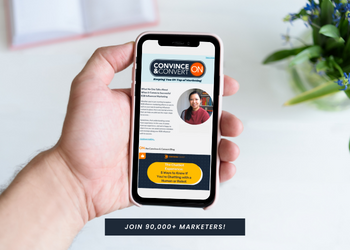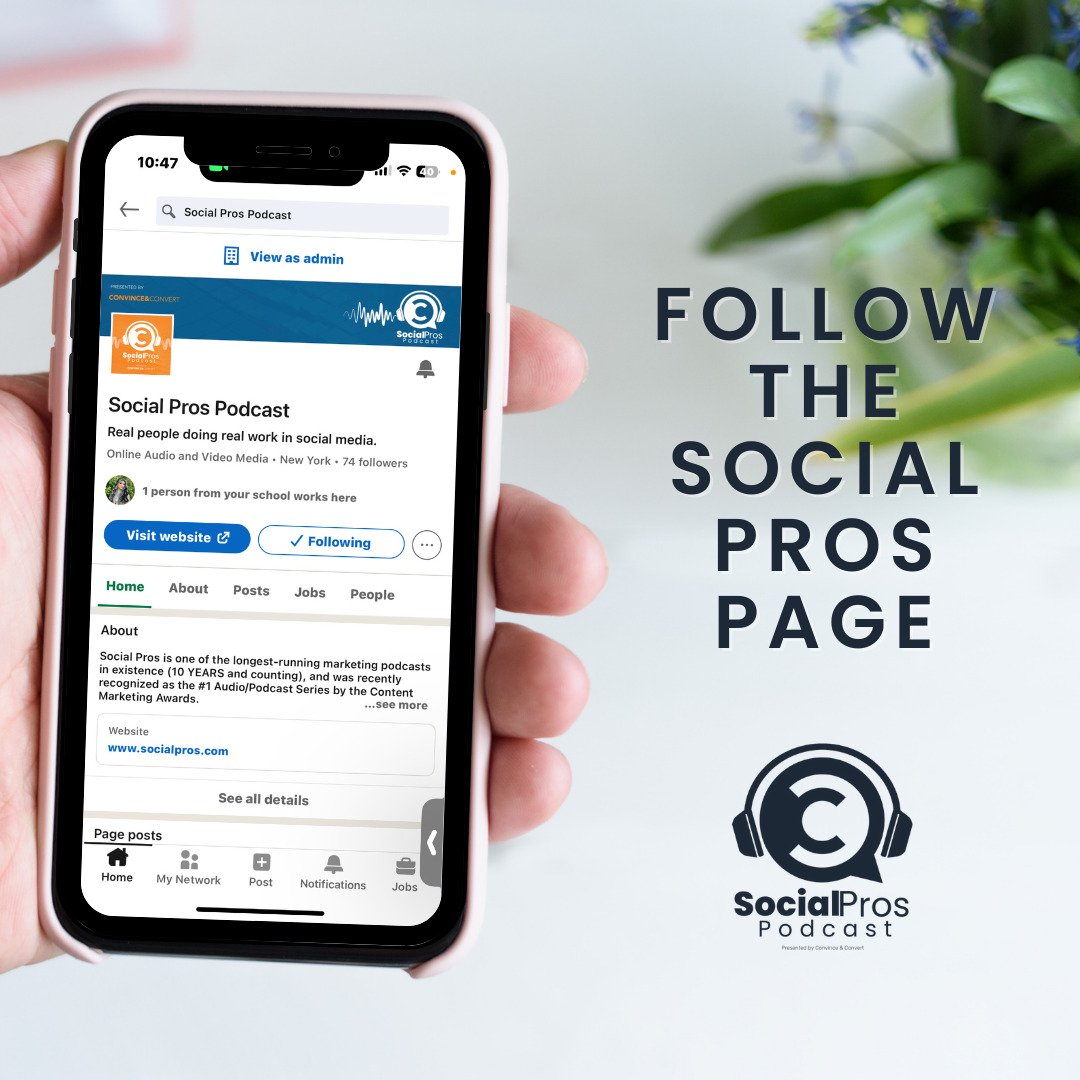Now, marketing is the center of American business.
Why? because through social media, customers are praising and criticizing companies in public in a way that requires marketing to triage and respond.
Three years ago, if Kevin Smith would have been kicked off a Southwest flight for being too fat, he would have yelled at the gate agent, written a letter, told his friends. Now, he tweeted it to his 1.6 million followers, and it becomes a national incident in minutes. Southwest Airlines has to coordinate its marketing and customer service response, in real-time, create its own content on its blog and Twitter account, while also dealing with the media jackals. All of this is happening to companies (maybe yours) every minute of every day.
Marketing isn’t about campaigns any more. It’s always-on. And that puts it in the unique and powerful role of being the ligament that forces intra-company cooperation like never before. It’s an exciting time to be a marketer, but it’s also a tremendous responsibility.
Power, Risk & Accountability
Today, I gave a presentation to LEAD San Diego, a group of Southern California business leaders. I was joined by my friends (and clients) Jon Bailey and Indra Gardiner of Bailey Gardiner, an integrated agency in San Diego (check out their excellent blog – Don’t Drink the Kool-Aid).
The theme of the presentation was this new era of marketing-centrism and what it takes to succeed in an environment where marketing plans are not month-to-month, but minute-to-minute.
I developed 6 new requirements that all social media savvy, marketing-centric organizations need to have.
1. Active Listening
Social media doesn’t create negativity about your brand, it puts a magnifying glass to it. If you’re not willing to listen to what your customers are telling you, when they are clearly using social media (especially Twitter) as the new 1-800 number, then you have a problem with your corporate culture that social media can’t fix.
2. Always Be Marketing
Marketing is real-time now, and consumer opinion and search-engine results can change literally in seconds. Speed kills in this environment, and you can’t succumb to endless committee meetings, planning and spreadsheets, when you can win or lose customers every minute of every day.
3. Develop Rules of Engagement
The only way to succeed in a world where marketing is a waterfall, not a lake, is to have codified rules for how you’re going to handle social media circumstances. Who’s listening? When? Who do they tell if an opportunity occurs? How much can you say? What can your employees do in terms of being “accidental marketers” for the brand? You must take the time to build a cross-functional team in your organization, and figure out your policies and procedures. Otherwise, you’ll never be able to move fast enough if you’re trying to ponder your options in real-time.
4. Manage Expectations
Brandie Feuer is Director of Marketing for the Tropicana Hotel in Las Vegas. On a recent panel discussion we were on at AZIMA, she made a terrific point that if a consumer places a phone call, they’ll wait on hold 15 or more minutes. If a consumer emails a company, we’ve trained them to expect a response in a day or so. But, if they tweet your brand, they expect you to answer in seconds.
This is a tricky proposition. You of course want to be responsive to your customers in social media, but disproportionately so? Are you creating a chasm, whereby you treat your social media customers better than your non-social media customers? And is that appropriate?
Regardless, you need to set some expectations in social media, which is why companies are starting to list hours of operation on their Twitter accounts, etc.
5. Build a Crisis Plan
Is today the day that a social media-fueled crisis erupts for your brand? Probably not, but maybe. Southwest is widely applauded for their use of social media, yet it only took one employee to kick off the wrong portly film director for it to blow up in their face. It only took Domino’s two employees to put some cheese in their nose, and global reputation suffered.
You’ll probably never need your social media crisis plan. But, if a crisis were to occur, and you don’t have a plan, you’ll sure wish you did.
6. Discover Opportunities
If you’re actively listening, you’ll find natural opportunities to market your company contextually. You’re not “selling” you’re “helping” – and that’s the most powerful type of selling there is.
On a near-continuous basis, consumers are asking for help making purchasing decisions. How can you take friction out of that process by just-in-time tweeting, participating in Yahoo! and/or Linkedin Answers, or create a series of helpful YouTube videos (like Coldwell Banker).
Is today the day you start integrating social media with marketing and customer service?

